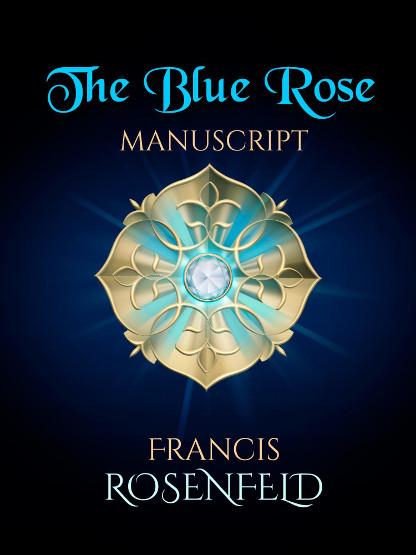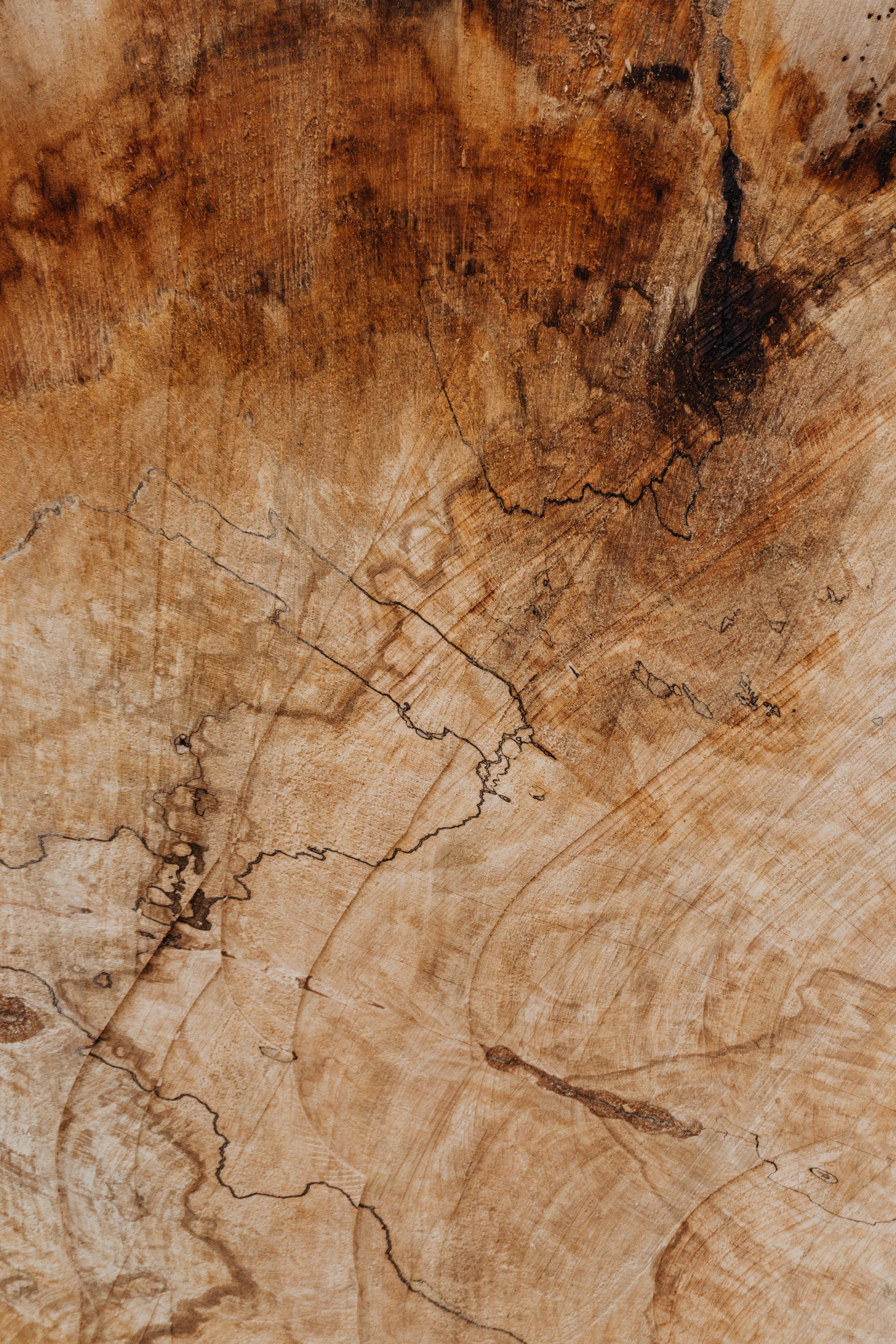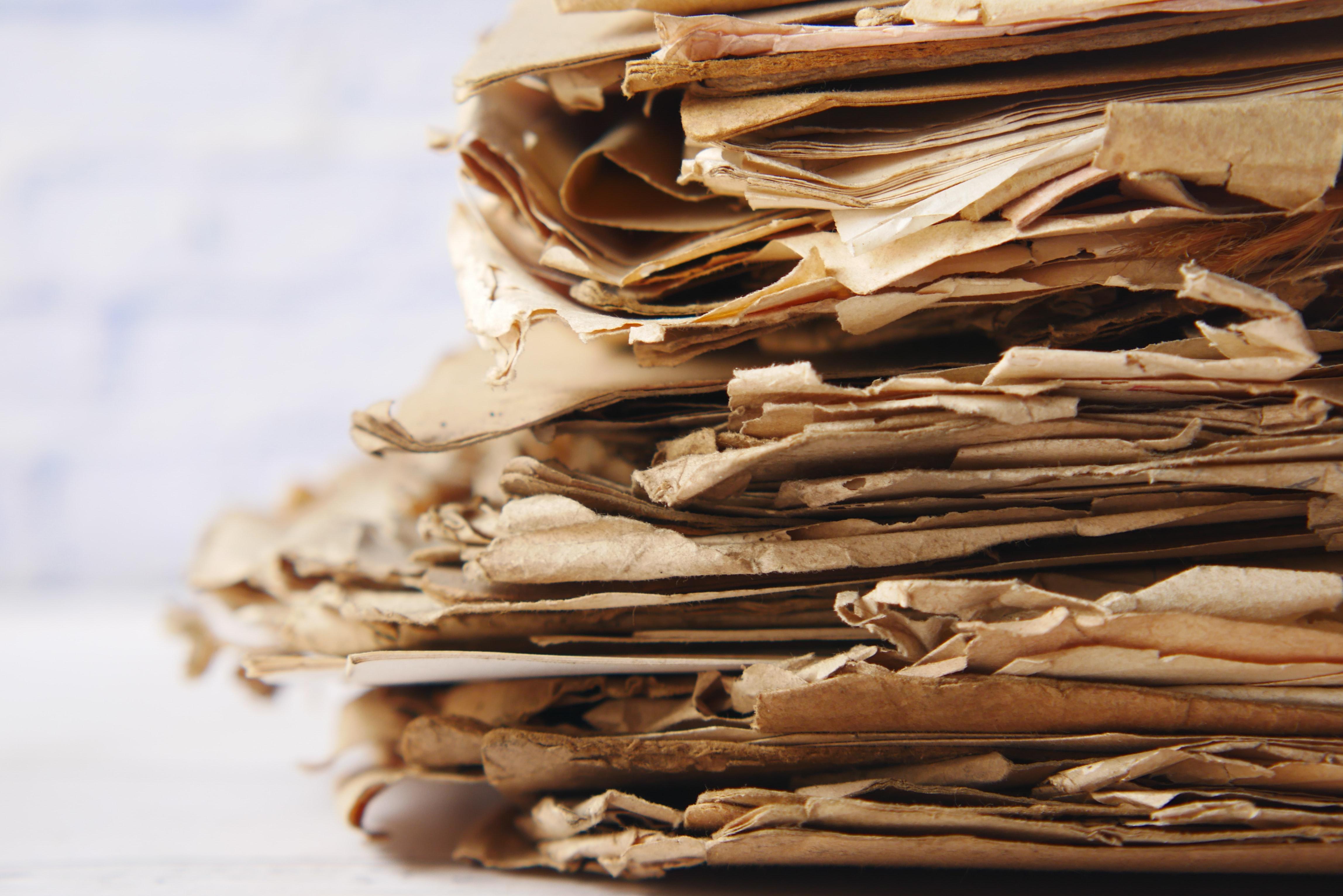Roots, Branches and OffshootsConcentration

Concentration
The relative amount of a given substance contained within a solution or in a particular volume of space; the amount of solute per unit volume of solution; the action or power of focusing one’s attention on mental work.
You are familiar with concentrated essence from the flower oils and hydrosols you have sampled in the apothecary shop.
Concentration eliminates the bulk of a medium to extract the essence blended inside it.
Let me help you understand how you can concentrate and direct your mind so you can extract its essence in a similar way.
Whether we are awake or asleep, our mind never stops churning.
We buckle under the weight of our thoughts, most of
which are incidental and contradictory.
Like the alchemist who distills the essence of a thousand roses into a single drop of perfume, so should you be able to remove the bulk around the core of your ideas to refine their content.
The theory of how to do this is simple, the practice not so much. The mind is like a scared little rabbit, constantly on the run, alert to the slightest noise, disturbed by the faintest memory. It never stops building defenses around itself and consumes enormous amounts of resources in the process.
Here is how you concentrate your mind. If you’re out in nature, all the better, but any peaceful retreat would work.
You sit quietly and ponder on your thought, feeling, state of mind, anything you wish, and try to present it to yourself in the simplest form that embodies it. Let’s say you want to learn astronomy. You think about your favorite constellation, on a beautiful summer night, in a sky full of stars. Make that mental image the symbol of your wish, your desire, make it the only thing in the world that matters to you. Thoughts will come to bother you, but pay them no heed, like you
wouldn’t pay attention to strangers’ conversations in a crowded place. Let nothing bother you in the contemplation of your beautiful daydream, no second thoughts, no negative emotions, no judgments.
Watch your lovely mental image as you would a favorite painting, or a field full of flowers in spring, with joyful detachment, and allow your heart to open to its enticing beauty.
After a while the conversations in the background of your mind will fade to a low noise you can barely hear, letting that sky full of stars grow in importance until it fills your entire mind. When it gets to this stage, the image, the representation of your thought, will reach out to your emotions, testing you to see whether you care about it enough to bring it to life, and you have to allow it into
your heart, give yourself to it, hold nothing back, like you wouldn’t refuse a lover. Let the beauty of your night sky sink its roots into your heart to make it beat faster, feel it quicken your breath and make you quiver with anticipation. Embrace it and own it with everything you are, like it is your entire world, like your life depends on it. Hear it hum steadily inside you, sense it swell your chest and blend into your essence, and you will become your sky full of stars, and it will become part of your being. A great feeling of peace accompanies this assent, a feeling of certainty and confidence, and all abiding love. Love the thing you want to accomplish, believe in it blindly, otherwise it gets washed out in the daily deluge of insignificant thoughts.
In time this state of heightened passion and attention will become your second nature, and you will instinctively ignore your inner chatter, allowing your mind to immerse itself in the study of your beloved subject.
You will become so tuned into its details it will take effort to disrupt you while you work.
Only then will you be ready to devote all your passion and attention to it, without doubt.
When an idea has secured your unquestioned devotion, it will stick around with the dogged determination of a pampered pet. It will follow you on your walks around town and it will visit you in your dreams. It will be the first thing you think about when you wake up in the morning and it will jump back at you from unrelated conversations and mundane tasks. It will provide you with answers when you least expect it, it will surprise and delight you, it will become your best friend, and the bane of your existence.
Don’t give your dedication to a purpose lightly, it will demand a lot of you and it will deliver results in proportion with what you put into it. Don’t expect it to be easy, don’t expect it to always be enjoyable, this entity you have now brought into being will demand attention and care, like any living thing.
Why am I saying that our daily thoughts are insignificant? First, they are recurrent, nagging and futile.
What purpose could the thousandth iteration of the reminder to put the bread in the cupboard possibly serve?
Second, they behave like the clutter in a messy house; they don’t put themselves away. Make time every day to clear your mind’s 'to do’ list.
What you see in the world around you is the mirror image of your mental state. External mess can serve as a warning to you that your mind is drifting without a center. Now.
Ideas or projects rarely arrive as singular objects, they come in clusters, concentrations of like things that develop naturally.
These clusters have a tendency to organize themselves in the configurations that are most favorable to their interaction. Let them.
Whatever needs done, put it on a schedule and do it, so it doesn’t nag you while you are trying to concentrate on your purpose. A messy surrounding is the reflection of an undisciplined mind.
These associations break the boundaries of disciplines, sometimes even the level of conscious perception, and reach into the space between things to find commonalities and connections.
Things that wouldn’t occur to you in a normal setting suddenly become clear, and after getting these inspired

insights you always wonder how come you never noticed their telltale patterns before.
Another thing about concentration, it ebbs and flows, you’ll have periods of great productive intensity and times when you will wander aimlessly through the desert of your drained mind picking at straws. Be at peace, no matter which state you are in.
[We are fairly certain, to our great excitement, that this manuscript is a fragment of a larger body of work, one whose whereabouts our team has been tracking for over a year now.
We think we are getting close to its discovery and are looking forward to announcing the good news to the scientific community.]
Questions about concentrations?
undying love to a project?
You say that it feels like you are getting married to it. In a way, you are.
Emotions are powerful things. They solidify your convictions and probe the depths of your thoughts. They are like the grout inside the wall; they bind thoughts together and in time their strength becomes comparable to that of the stones themselves.
Emotions allow you to go the distance when you would otherwise quit faced with failures and setbacks, second guessing and public rejection.
They allow you to ignore the impossible odds, the unfavorable times, the unavoidable challenges.
Can I explain why?
capacity goes into mastering the writing technique. After a while writing becomes an ability you take for granted, a skill that provides you with means to express your thoughts. Its motor intricacies drop beneath the surface of thought and going further the memory of how to write will live inside your hands.
The same way when you connect an ability with an emotion you place its associated details in the same place you store the beating of your heart, breathing and walking.
You don’t have to think up reasons to do it anymore; it becomes natural to your body, something you do as a matter of course.
Why do you have to declare
When you learn a dexterity, let’s say calligraphy, at first you have to pay attention to every letter and all your
Emotions remove all the rationalizations for not doing something. For instance, you asked me why I draw.
Life brings things into being every day. The creative process doesn’t need a reason to exist.
Here. Have a rose.
[We found a third instance of the rose optical illusion at this place in the manuscript.
The roses look very much alike, as if the master was trying to demonstrate a technique by drawing the same thing over and over. He rendered this rose in watercolor, in the same shade of light blue. We can’t ignore the symbolism of his color choice, whose meaning would have been obvious during the manuscript‘s time.
Because roses lack the pigment required to turn their petals blue, these impossible flowers had become the symbols of
unattainable dreams, reaching out to the sublime or love that can not be fulfilled.]
The rose bush doesn’t ask itself why it should bloom and when it blooms it doesn’t hold back on the abundance of flowers. In the world of things concentrations occur naturally, nature thrives on grandeur and excess. Things emerge together in large numbers attracted to and nurtured by favorable conditions. Don’t keep your emotions locked up, saving them for whatever circumstance you think would warrant them. If you had a beautiful singing voice, you wouldn’t save it for a special occasion, you would use it whenever you can. Think of your emotions as the instruments that accompany and enhance your thinking.
You asked whether there are any circumstances when using your emotions diluted is preferable to engaging them in concentrated essence? Sometimes the strength of undiluted emotion can be too harsh for things that are delicate, frail, or that require extreme precision. It is better to embrace a gentler, softer range when you need to touch the world lightly like that.
In time you will learn to master your emotions like you would a complex musical instrument and modulate their tempos and their dynamics to be in perfect harmony with your task.
One thing people mistakenly believe is that emotions are not subject to our will. They are no less subject to our will than our thoughts.
Only when you learn to master your emotions will you be able to wield their strength as you wish.
In all honesty I don’t have an answer to give you. I draw because I do. I just reach out to pen and paper and a form emerges.
[Could the master exercise full control over his emotions and wield them at will, like so many tools? The concept is unsettling, after all aren’t emotions the very things that keep us human and regulate the workings of our society? It is unthinkable that an artist, of all people, would place such restrictions on his creative range! We have explored the possibility that the paragraph above might be a metaphor for something else.]
Could I elaborate on the difficulties in practicing the mind focusing technique?
Sure.
The main problem is that the mind is a creature of habit, and it had built up tolerance to the constant attack of irrelevant thoughts for decades.
It takes time to change any habit.
The mind will defend what it’s used to, even if it doesn’t benefit it, and will make you miserable, in the same way pain alerts you when your muscles sustained effort without warming up.
The thoughts you ignore stir up other thoughts, which come to their rescue, determined to garner your attention. When they don’t succeed, they call up the cavalry, your dark emotions - guilt, shame, fear, doubt, sorrow, and those disturb every corner of your mind, and when they depart new thoughts come in their wake, telling you that all of this is unnatural, that it isn’t worth dealing with all this pain, that you should act human, since you are human. It is quite a feat of strength to see the process through.
Strangely enough, it is reason that comes to assist you while you are training your emotions to sit, stay and roll over.
As I mentioned, there is a reason for your emotions to tell you to be on alert all the time, they are trying to protect you from things that used to hunt us humans a long time ago. It takes reason to remind us we are not living in that time anymore.
Can I give you an example of concentration clusters?
A new current of ideas is a good example. It will reverberate in art, literature, politics, social mores, fashion, architecture and music. These separate fields influence and reinforce each other while exploring a common concept expressed in different forms.
How can one control an emotion?
Only then will you truly understand the real meaning of free will.




